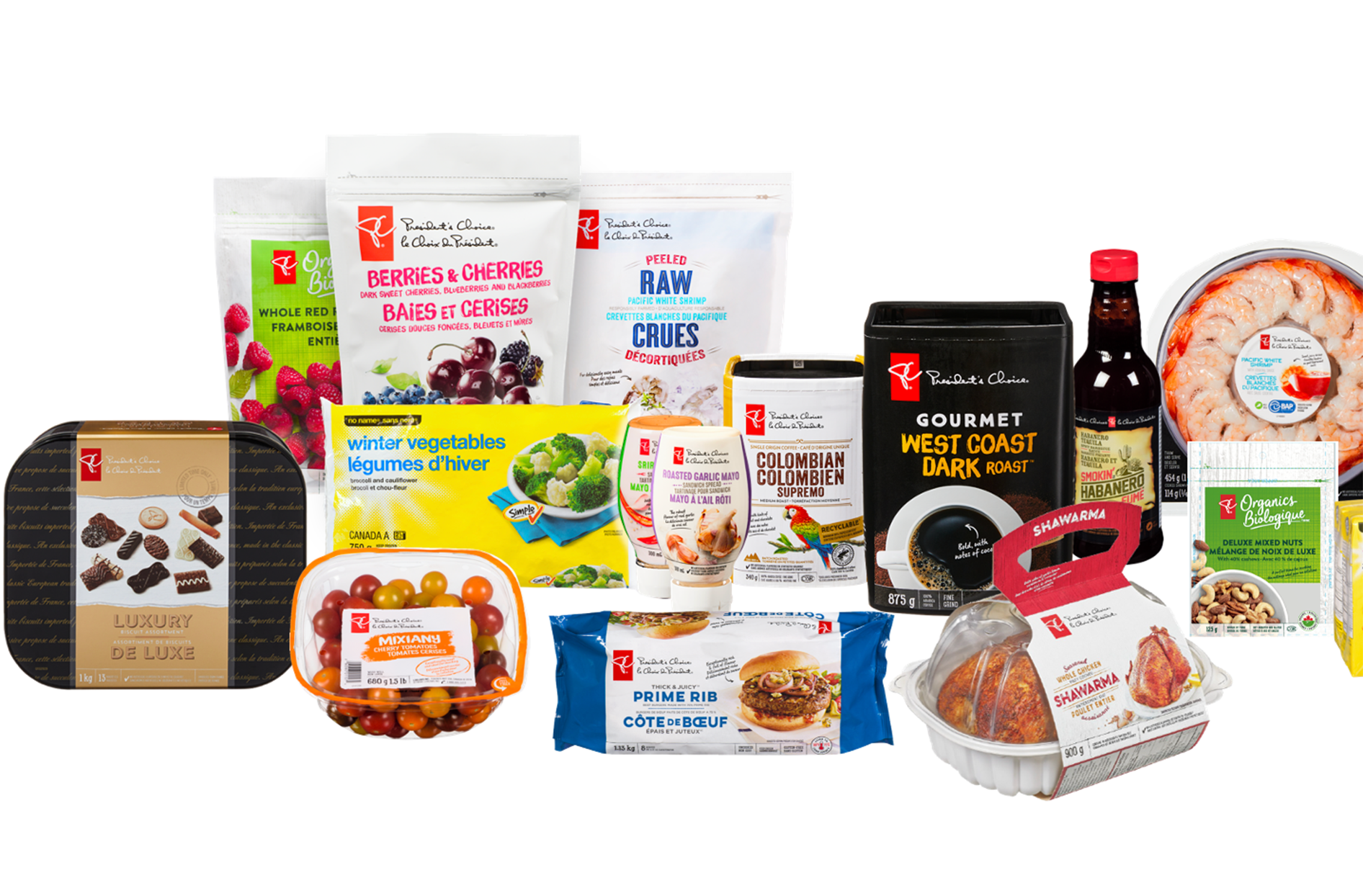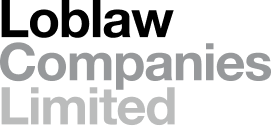Loblaw overhauls plastic packaging
May 30, 2023

Plastic isn’t just one uniform material—and that creates challenges when it comes time to recycle it.
Canadians generate more than three million tonnes of plastic every year, and less than 10% is recycled in the way consumers think it is.¹
This is, in part, because recycling systems in Canada are municipally-run, so communities across the country have different recycling operations, often with differences in what they can and can’t recycle.
“It’s a really shocking statistic,” says Vlad Rebellon, Senior Director, Loblaw Brands Strategic Initiatives. “We felt that we needed to be part of the solution by addressing these low recycling rates.”
Back in 2019, the Consumer Goods Forum—an international group of retailers and manufacturers of which Galen G. Weston is co-chair—began discussing the issue. Members decided there had to be clear rules around what packaging materials should be used to maximize recyclability.
Through consultation with brand owners, packaging manufacturers, recyclers, and sustainability consultants, the Consumer Goods Forum released nine Golden Design Rules to guide the use of plastic packaging. That was in 2020, the same year Vlad’s team was assembled to address Loblaw’s control-brand packaging, along with other groups including Joe Fresh, Beauty, Fresh and Enterprise Procurement, and Marketing.
“We’re simplifying the variety of plastics we use in our packaging,” Vlad says. “It’s a systematic approach to addressing plastic waste—a really technical re-engineering of the structure of our packaging to maximize how compatible it is with recycling systems.”
Many flexible plastics—like granola bar wrappers, for example—are actually made of many different types of plastic layered on top of each other. This makes recycling them challenging, since the layers can’t be separated.
So Vlad’s team is hard at work, researching and sourcing alternatives that can be easily recycled. By Jan. 1, 2025, all of Loblaw’s control-brand packaging will be aligned to the Golden Design Rules.
Several changes have been made already, including:
Our first-to-market Boardio packaging for PC and No Name coffee - Frozen shrimp rings and rotisserie chickens are now sold in clear plastic trays, instead of black carbon plastic
All resealable fruit and vegetable bags will be sold in recyclable packaging by 2023 year’s end
Fresh meat has started to transition to clear PET trays, instead of polystyrene/foam trays
Across centre of store customers will start to notice we have moved away from black plastic in caps and closures
PC and No Name juice boxes converted to paper straws, in accordance with federal mandates
In Home and Entertainment we have reduced where we use plastic bags in bedding, and removed polystyrene padding from seasonal items
Many more “less-noticeable” changes, like moving away from problematic materials or ensuring labels can wash off more easily on plastic bottles
"By the end of the year, we’re on track to be 45% compliant and have a clear plan to get to 100% in our timelines,” Vlad says. “It feels great knowing that the hard work we’re doing will lead to a really good impact, whether customers know it or not. Many of these packaging changes won’t be obvious to Canadians, but they’ll make a huge difference to the recyclers.”
The packaging overhaul is also an opportunity to educate customers more about recycling, he says, and to set new standards for retailers across Canada.
“I feel so motivated by the impact we get to have and I feel so proud of the commitment that Loblaw has made to lead the way in this,” Vlad says. “It’s not easy work but it is work that has to happen. It’s leading to really positive environmental sustainability change.”


